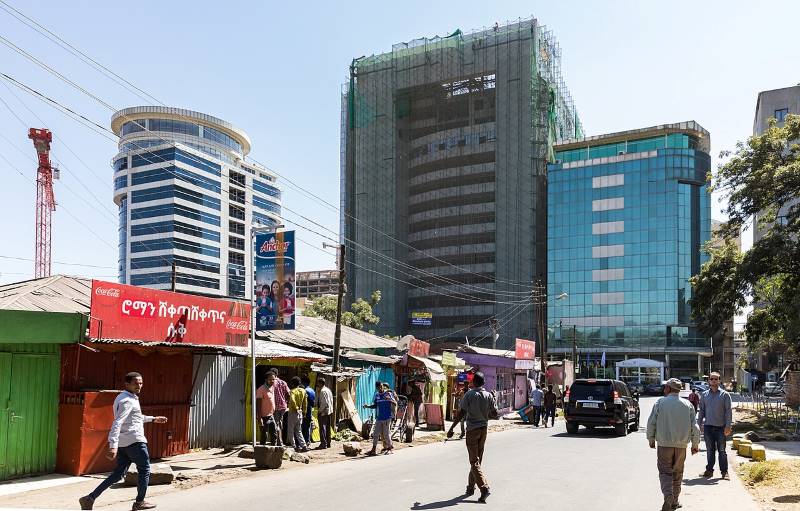Image. by wayhomestudio on Freepik
Let’s talk about bookstores. Not just any bookstores, mind you, but the vital havens known as Black-owned bookstores. These aren’t mere retail spaces; they’re cultural cornerstones, nurturing a love of reading and fostering a sense of belonging.
We all know the magic of getting lost in a good book. But for Black readers, that magic can be elusive. Traditional bookstores often lack diverse selections, leaving a gaping hole on the shelves where stories that reflect Black experiences should be.
In an industry where 76% of publishing personnel, review journal staff, and literary agents are white, just 5% of authors identify as Black or African American, according to Lee & Low Books, the biggest multicultural children’s book publisher in the US. Black authors’ works are more likely to steer clear of prejudices and preconceptions and to downplay the exoticism of Black bodies.
Consider a young Black youngster perusing bookshelves and noticing that the faces on the covers are similar to their own. Suddenly, the literary world becomes a living mirror of oneself rather than a far-off place. More than merely beautiful, this portrayal affirms their presence and makes the subliminal promise that their tales count. Bookstores operated by Black people know this. They compile anthologies encouraging young readers to see themselves as explorers, innovators, and heroes.
Harriet’s Bookshop (Philadelphia, PA)
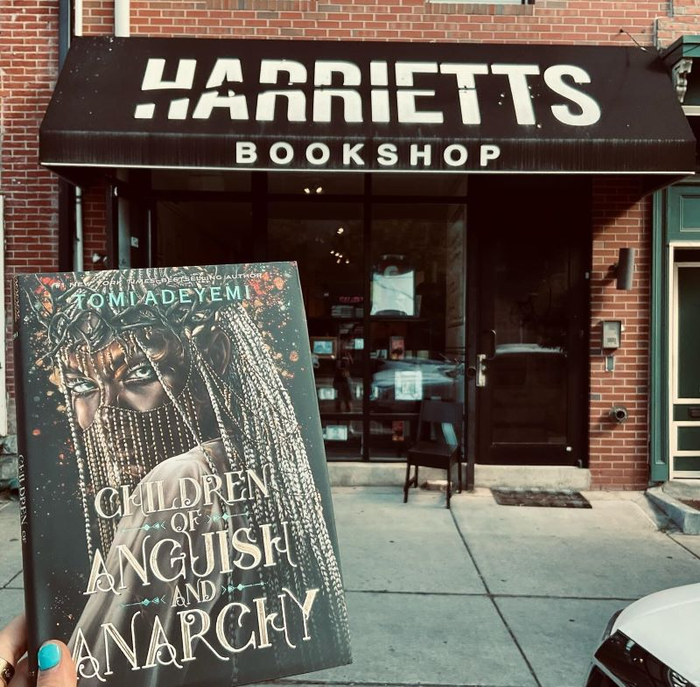
Source: Instagram | Harriett’s Bookshop
Named for the courageous abolitionist Harriett Tubman, Harriett’s Bookshop is located in the center of Fishtown, a trendy area in Philadelphia. Founded by Jeannine A. Cook, a native of South Philadelphia, the unique bookstore carries a variety of titles, including books authored by Black writers. You can request to go to the shop’s basement, where you will be handed a candle to search the “underground” space—a memorial to our predecessors who were forced to hide their reading—and learn more about it. Will Smith, a native of Philadelphia, started the book tour for his 2021 memoir Will at Harriett’s, among other well-known people who have visited the bookstore. Cook hasn’t restricted her literary knowledge to Philadelphia. Her sister store, Ida’s Bookshop, opened in Collingswood, New Jersey, in 2021. A pop-up bookshop called Josephine’s Bookshop debuted in Paris shortly after.
Octavia’s Bookshelf (Pasadena, CA)
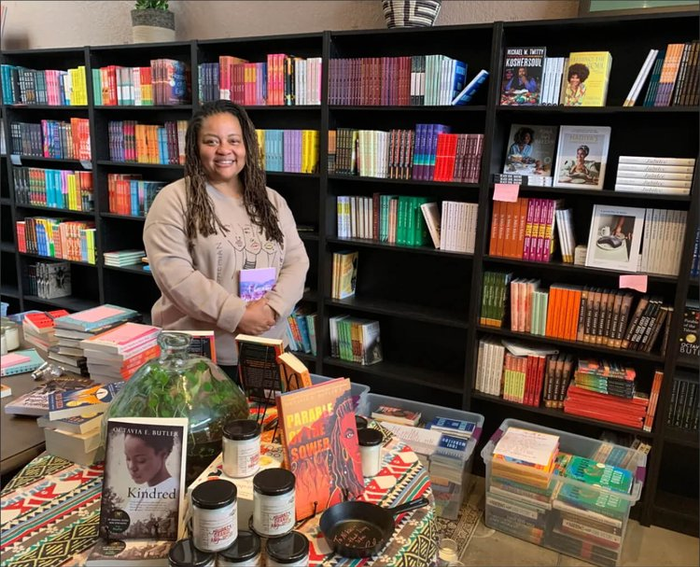
Source: Octavia’s Bookshelf
Earlier this year, amid much fanfare, Pasadena’s first Black-owned bookstore opened its doors as Octavia’s Bookshelf. The Southern California book hub launched in March, directed by communications wiz and entrepreneur Nikki High and named for Octavia Butler, a Black science-fiction novelist and famed laureate born in Pasadena. The independent bookshop probably would never have opened if High hadn’t been so forthright about her decision to leave the corporate world to pursue her love of books. Octavia endured a burglary in June of this year because of High’s GoFundMe page and the support of BIPOC authors.
Mahogany Books (Washington, D.C.)
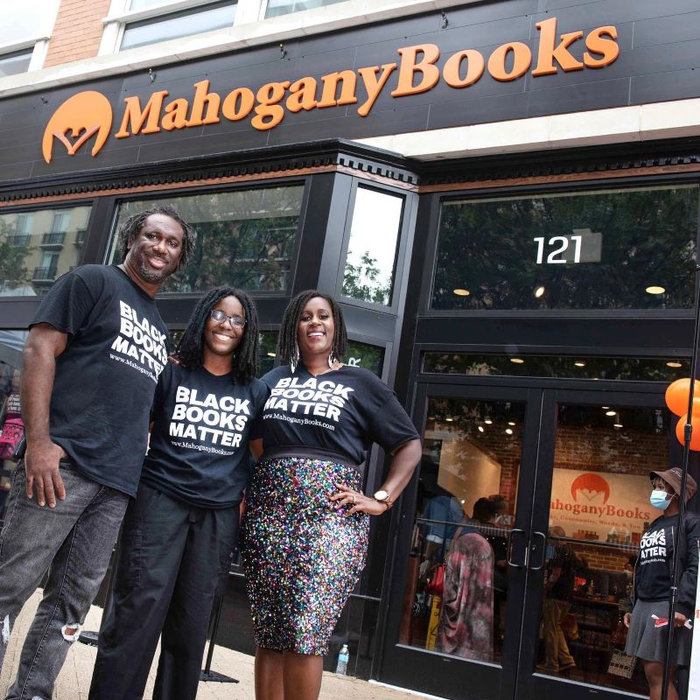
Source: Instagram | Mahogany Books
If you are looking for essential books about the African diaspora, Mahogany Books in Washington, D.C. is the place to go. Originally an online bookstore, Mahogany Books was started in 2007 by Derrick and Ramunda Young. Ten years later, the company opened a physical location and has gained national recognition for supporting Black authors. Mahogany Books, housed in the versatile Anacostia Arts Center, just joined Reagan National Airport’s Goods@DCA retail selection.
Black Garnet Books (St. Paul, MN)
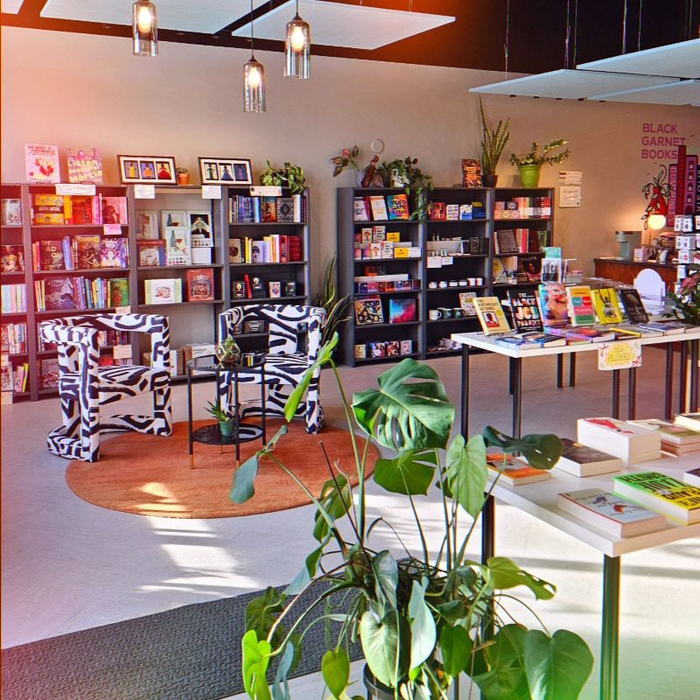
Source: Instagram | Black Garnet Books
In addition to bringing culture to the community, Black Garnet Books gives St. Paul’s small Black population some representation. Located in the Midway district of the Twin Cities, Black Garnet was established by Dionne Sims in November of last year, only two years after a Minneapolis police officer killed George Floyd. Sims’ goal when founding the organization was to empower Black individuals. Sims claimed that she stays away from social media to preserve her mental health, even though the bookstore has received national attention and has 4,000 books written by writers of color. George M. Johnson’s All Boys Aren’t Blueand James McBride’s The Heaven & Earth Grocery Store are excellent choices.
Challenges and the Road Ahead
Black-owned bookstores face a unique set of challenges. They often operate with limited resources, competing with larger chains that can offer deeper discounts. But these challenges only highlight their resilience and the unwavering dedication of the people behind them.
So, how can we support these literary cornerstones? Here are a few ways:
- Shop Local: Make Black-owned bookstores your first stop when looking for your next book. Many have online stores, making browsing and purchasing from anywhere more accessible.
- Spread the Word: Talk to your friends and family about the importance of Black-owned bookstores. Share their stories and encourage them to shop there, too.
- Volunteer Your Time: Many Black-owned bookstores rely on volunteers for events and administrative tasks.
- Attend Events: Show your support by attending author readings, book clubs, or storytime sessions hosted by Black-owned bookstores.
Bookstores operated by Black people provide more than simply books for sale. They are cultural havens that promote a love of reading, a feeling of community, and the development of environments conducive to Black storytelling’s success. By supporting these essential organizations, we invest in a future with vibrant communities and diverse views rather than merely buying books. Therefore, the next time you’re looking for an excellent book, stop by a Black-owned bookshop. You may stumble upon your new favorite tale and integrate into something greater than yourself.

Anand Subramanian is a freelance photographer and content writer based out of Tamil Nadu, India. Having a background in Engineering always made him curious about life on the other side of the spectrum. He leapt forward towards the Photography life and never looked back. Specializing in Documentary and Portrait photography gave him an up-close and personal view into the complexities of human beings and those experiences helped him branch out from visual to words. Today he is mentoring passionate photographers and writing about the different dimensions of the art world.


